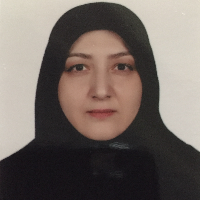Design and Validation of a Tool to Measure Universal Health Insurance Coverage in Iran
Background & objectives:
According to the recommendation of the World Health Organization, health insurance is an effective tool to achieve the global goal of universal health care coverage. The present study was conducted to design and determine a valid and reliable questionnaire to measure universal health insurance coverage in Iran.
This descriptive-applied study was conducted in 2022. Based on the data obtained from the review and comparative study, an initial questionnaire was prepared based on the balanced scorecard model. Content validity was measured using a panel of 15 experts and content validity ratio (CVR) and content validity index (CVI) for each question. The test-retest method was used in a sample of 30 people to determine the reliability. Data were analyzed using Excel and SPSS 20 software.
Validity assessment was done in two stages. The final questionnaire was approved with a total content validity index score of 0.85 and a content validity ratio of 0.67. The results of Spearman's correlation coefficients for the four dimensions of the questionnaire showed the acceptable reliability of the questionnaire components.
Considering that the designed questionnaire was approved in terms of validity and reliability, it can be a suitable tool for determining the requirements for achieving universal health insurance coverage in Iran.
-
Designing a model for universal health insurance coverage in Iran using the balanced scorecard approach
Ghorban Sadeghi Dabanlo, *, Aniseh Nikravan, Abasat Mirzaei
International Archives of Health Sciences, Jul-Sep 2024 -
A Comparative Study of COVID-19 Management in Selected Countries and Iran
Seyed Farshad Amighi, *, Leila Nazarimanesh, Aniseh Nikravan
Journal of Health,


